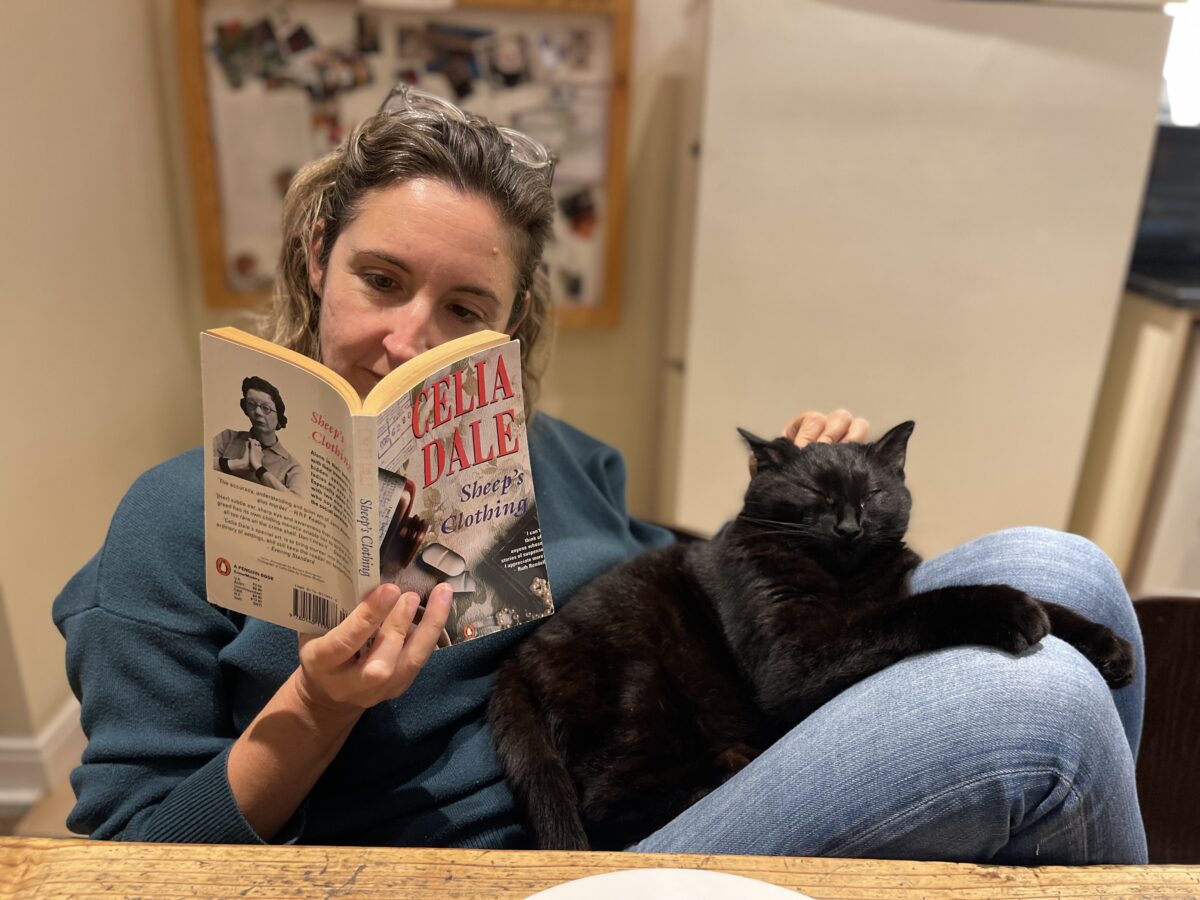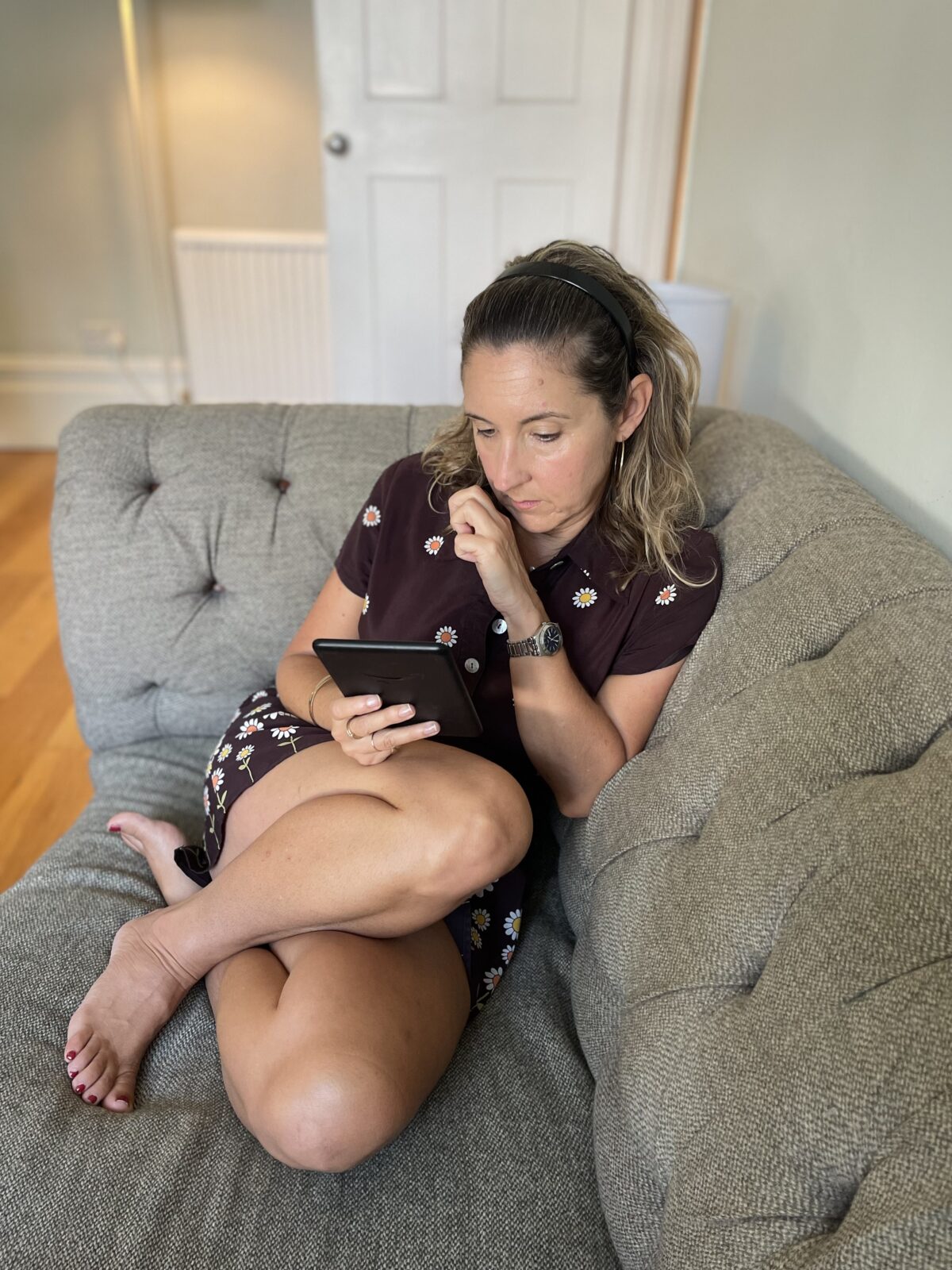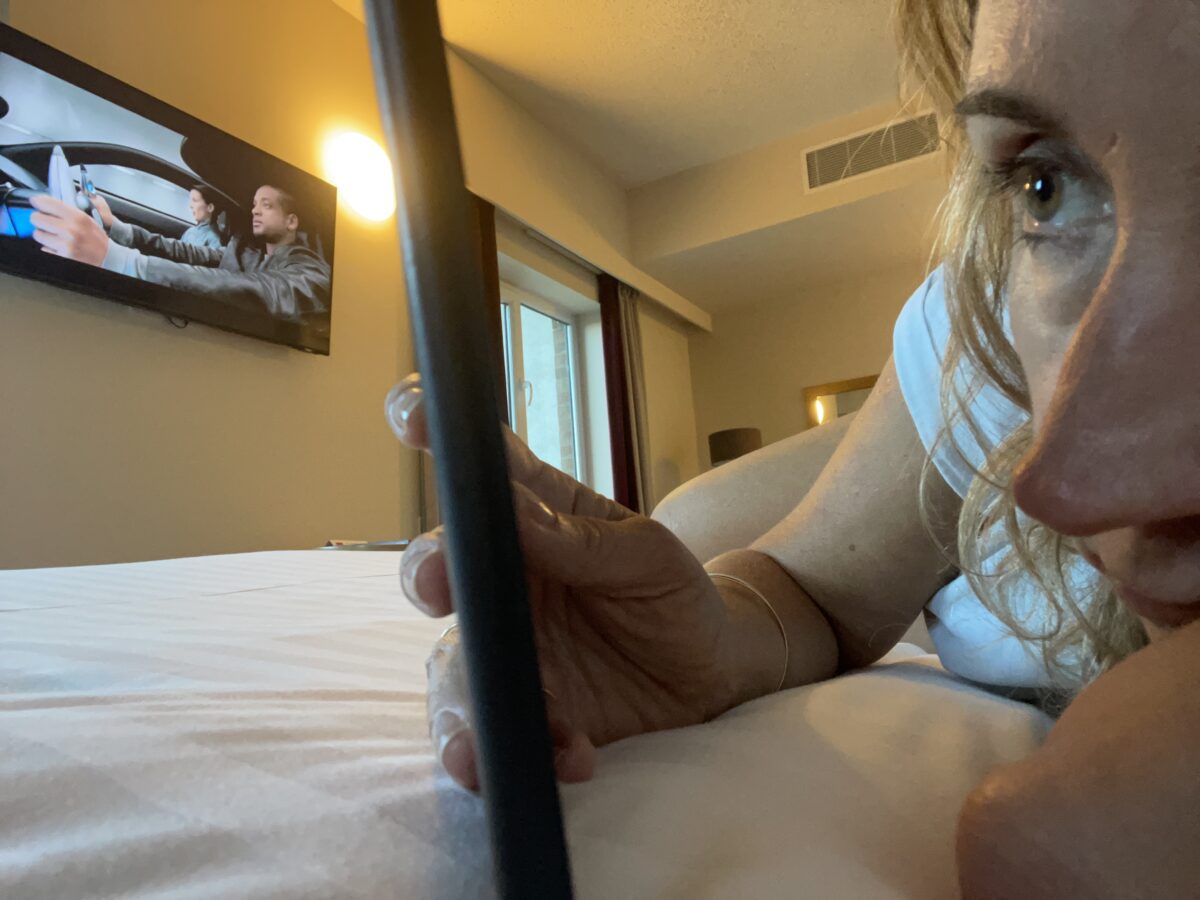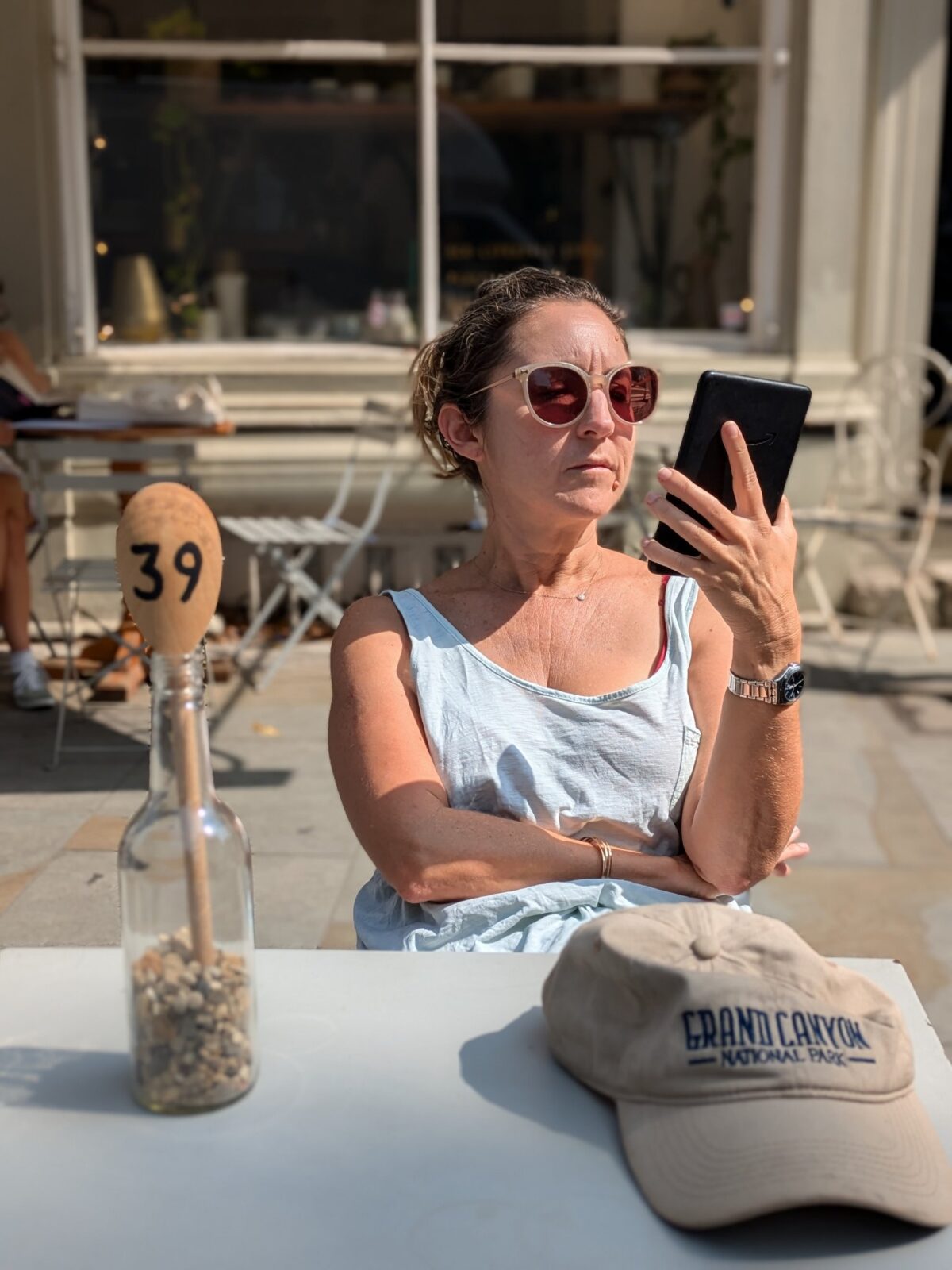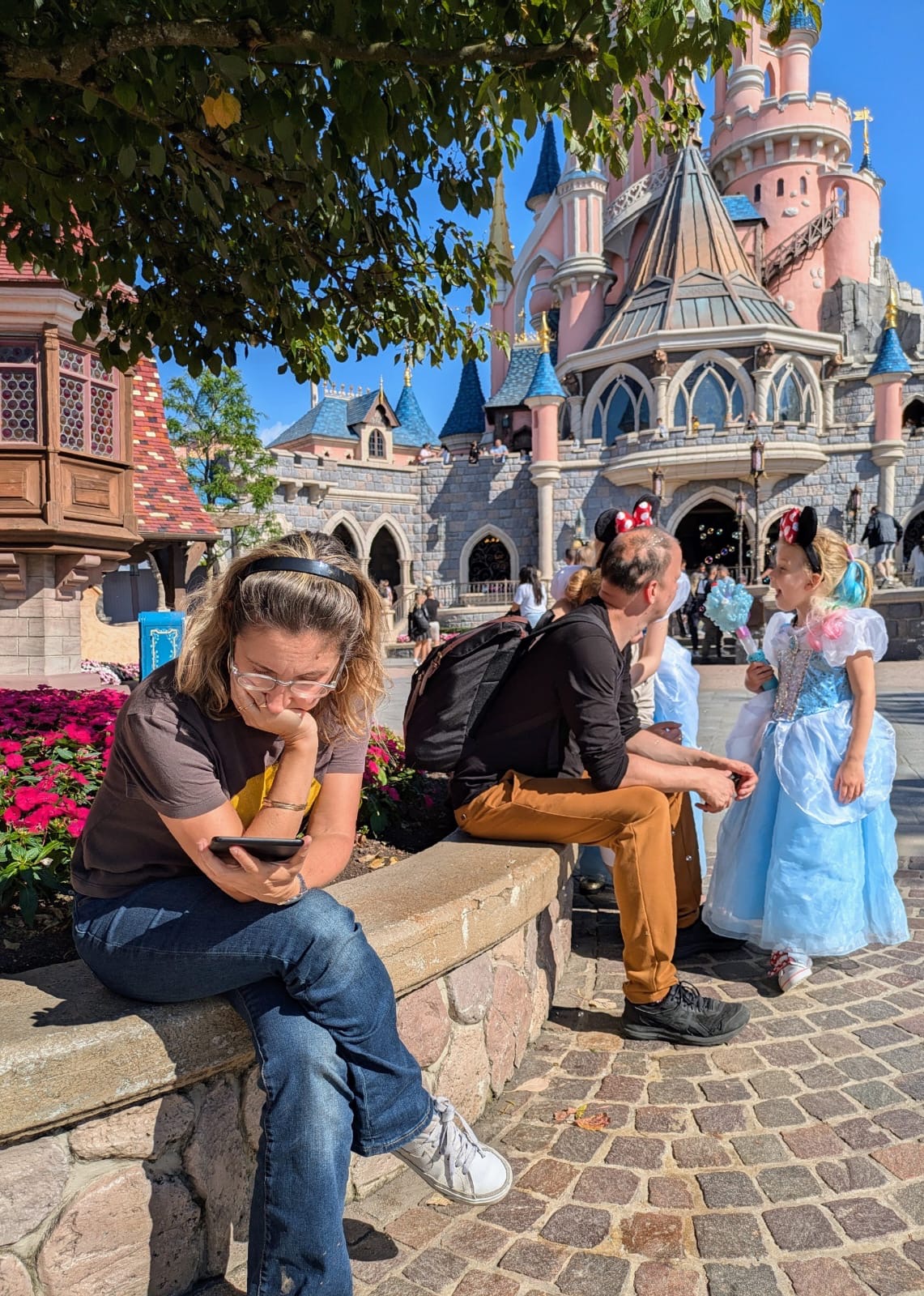I read this book in a single day on the beach. It’s my favourite kind of reading, when your own life stays at a respectful distance. This is the jaw-dropping true story of a young black woman in 1970s Minnesota who figures out how to defraud banks, stealing multiple millions of dollars before she is finally caught.
This is pretty much all SPOILER ALERT. Get this: she is in HIGH SCHOOL when she figures out how to move money between banks using the phone. Then, even more impressively, she manages to con a bank into giving her a computer terminal, convinces their IT department to set it up, and then is able to move money around in the bank’s own systems. Reminder: it is the 1970s! She is 17! She is running a sophisticated electronic fraud from her parents’ attic!
Then she starts to do things that are more like what a 17 year old would do, that is, fall for the wrong guy, and give him all the money, so he can ‘invest for their future.’ She hardly sees a penny of her own crime. She moves to LA, and then to Atlanta, repeating this pattern with two other men. In her late 20s she is caught, but the police in Minneapolis tell her they don’t believe a ‘Negro’ could possibly be running a scheme of this complexity. Eventually they are able to see past their own prejudice far enough to get a conviction, and she is given a 13 year sentence, which is far in excess of guidance for white collar crimes.
She escapes jail twice, once returning to one of these men who chains her up and beats her, forcing her to carry on the scams. She gives birth in jail twice, only seeing these children on the day of their birth (I had no idea the prison system was this cruel). She then manages to argue her own legal case for a reduction of sentence, finally getting out. And this all before she is 40!


